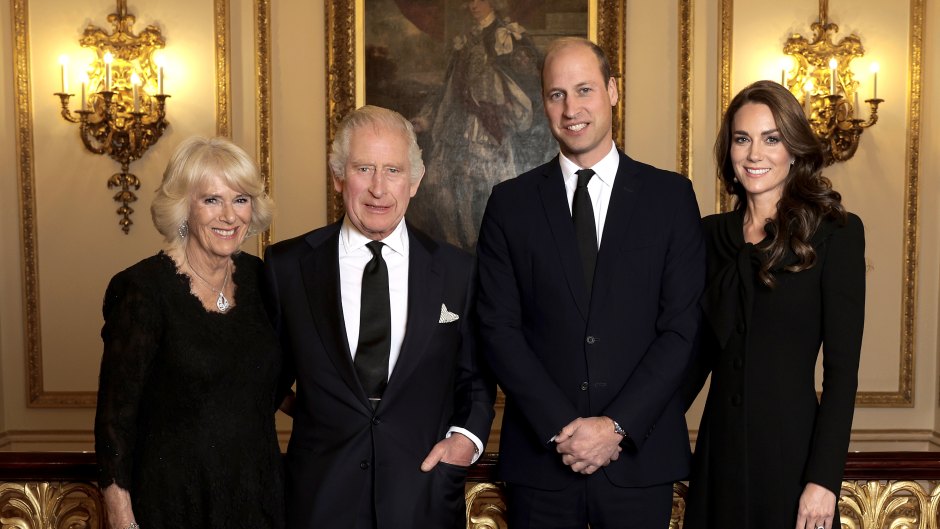
Chris Jackson/Getty Images For Buckingham Palace
What Is the Regency Acts? Who King Charles’ Counsellors of State Are and Why They Could Replace Him
Though royal drama is as old as the monarchy itself, the latest string of controversy surrounding King Charles III has spectators wondering what the Regency Acts is and who the king’s Counsellors of State are.
What Is the Regency Acts?
The Regency Acts was established in 1937 and created the office of Counsellors of State, ensuring that select royal family members are ready to cover short term absences on the monarch’s part. If Charles ever became ill enough amid his cancer battle that he couldn’t fulfill his duties, his Counsellors of State would be authorized to step in for him on a temporary basis.
Who Are King Charles’ Counsellors of State?
The Counsellors of State are usually the monarch’s spouse, followed by the first four people in the line of succession over the age of 21. In Charles’ case, that would be Prince William, Prince Harry, Prince Andrew and Princess Beatrice.
However, the Counsellors of State Act of 2022 changed Charles’ selection, as Harry and Andrew are no longer working members of the royal family and Beatrice was never a working royal. Though the line of succession remains the same, Charles’ Counsellors of State are Camilla, William and his siblings Princess Anne and Prince Edward.
What Are King Charles’ Counsellors of State Allowed to Do?
In the event that Charles becomes temporarily unable to fulfill his duties as king, his Counsellors of State would be allowed to carry out his official tasks, such as meeting with the Privy Council, receiving new ambassadors and signing official documents. However, the Counsellors of State would not be able to permanently serve as monarch, dissolve Parliament, appoint a prime minister or create peers.
If Charles were to become ill beyond the point of returning to his duties as monarch, a declaration of incapacity would be made, essentially transferring all monarchal responsibilities onto the person directly in line to the throne. In this case, William would become Charles’ regency.
The process of establishing a regency is not easy, however. Charles would have to be proven to be fully incapacitated to Camilla, the Lord Chancellor, Lord Chief Justice, Master of the Rolls and Speaker of the House of Commons. The declaration would then need to be made to the Privy Council and the 14 countries that make up the Commonwealth. From there, William would need to say the following oath:
“I swear that I will be faithful and bear true allegiance to King Charles III his heirs and successors according to law. So help me God.
I swear that I will truly and faithfully execute the office of Regent, and that I will govern according to law, and will, in all things, to the utmost of my power and ability, consult and maintain the safety, honour, and dignity of King Charles III and the welfare of his people. So help me God.
I swear that I will inviolably maintain and preserve in England and in Scotland the Settlement of the true Protestant religion as established by law in England and as established in Scotland by the laws made in Scotland in prosecution of the Claim of Right, and particularly by an Act intituled ‘An Act for Securing the Protestant Religion and Presbyterian Church Government’ and by the Acts passed in the Parliament of both Kingdoms for Union of the two Kingdoms, together with the Government, Worship, Discipline, Rights, and Privileges of the Church of Scotland. So help me God.”
Have a tip? Send it to us! Email In Touch at contact@intouchweekly.com.








































